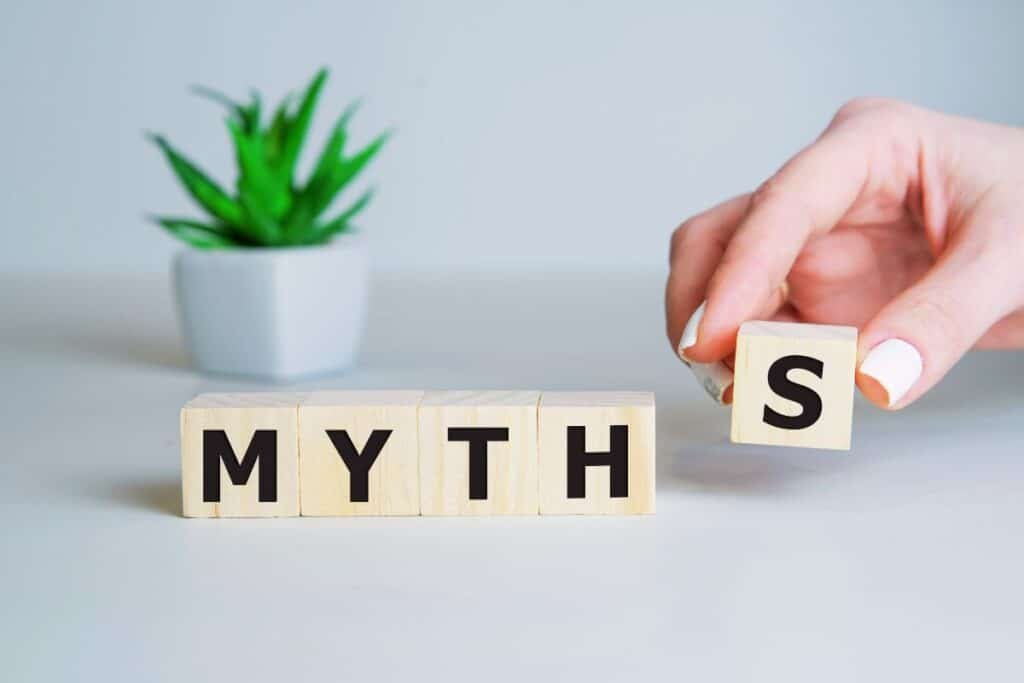This is a tough question to ask and is very multi-faceted.
There are a lot of reasons why people may not report suspicions of sexual violence and grooming, with the most obvious one being that people may be worried about reporting suspicions without hard evidence.
I mean, how would it look if you raised suspicions of someone grooming a young person or committing a sexual offence, with your only evidence being a ‘gut feeling?’
And what if nothing comes of these suspicions?
You could be worried about being accused of libel, slander, or the target of a smear campaign.
In health and social care, education, and so many other settings, professionals are told to work on our instincts and to use our professional judgement.
But can we really expect senior professionals or the police to investigate someone based on a gut feeling?
Why Groomers Don’t Get Reported
Groomers often appear trustworthy and may hold respected positions within the community, making it challenging for others to believe they could be involved in such activities.
There is often a cognitive dissonance at play; people find it difficult to reconcile the image of the suspected groomer with the heinous nature of the act they may be carrying out.
This is a sentiment mirrored by Sir Roger Jones, chairmen of the charity Children in Need from 1999 to 2002, who stated that whilst he had no evidence, he got a strange feeling about Jimmy Savile and therefore never let him anywhere near the charity.
The important point here is that suspicions are always based on something, be it a passing few words, a look, a throwaway comment, or a quick hand gesture.
And in isolation, these things can seem very minor.
It’s only when these actions are all put together that we see a pattern, and suddenly, one small suspicion or gut feeling becomes a raging vat of evidence.
Why People Don’t Report Suspicions of Grooming
Despite the serious nature of grooming and its potential consequences, many individuals hesitate to raise their suspicions or report concerns.
This reluctance stems from various factors, including psychological barriers, social dynamics, and systemic issues.
For example, in many cases, the suspected groomer might be a family member, friend, or colleague, creating a conflict of interest. The fear of damaging personal relationships, facing social ostracism, or causing family discord can be powerful deterrents to speaking out.
Mistaking Silence for Consent
A victim might be reluctant to come forward, which complicates the decision to report. If the victim appears to be willingly engaging with the groomer, observers might misconstrue the situation as consensual, even when it is clearly not.
This misunderstanding can prevent otherwise concerned individuals from taking action.
Education, Culture and Society
Educational gaps mean that some people might not recognise the signs of grooming or understand the appropriate channels for reporting their concerns.
Cultural and societal norms can also influence the likelihood of reporting concerns.
In some communities, discussing sexual matters, particularly involving children, is taboo. This cultural reticence can prevent individuals from speaking out, even when they suspect grooming.
Additionally, societal attitudes towards victims and perpetrators can impact reporting.
If there is a prevailing belief that victims are somehow to blame for their abuse, or if perpetrators are seen as unlikely culprits due to their social status, individuals might be less inclined to report their suspicions.
This post is adapted from a section of It's All Your Fault - due for release in 2025.



